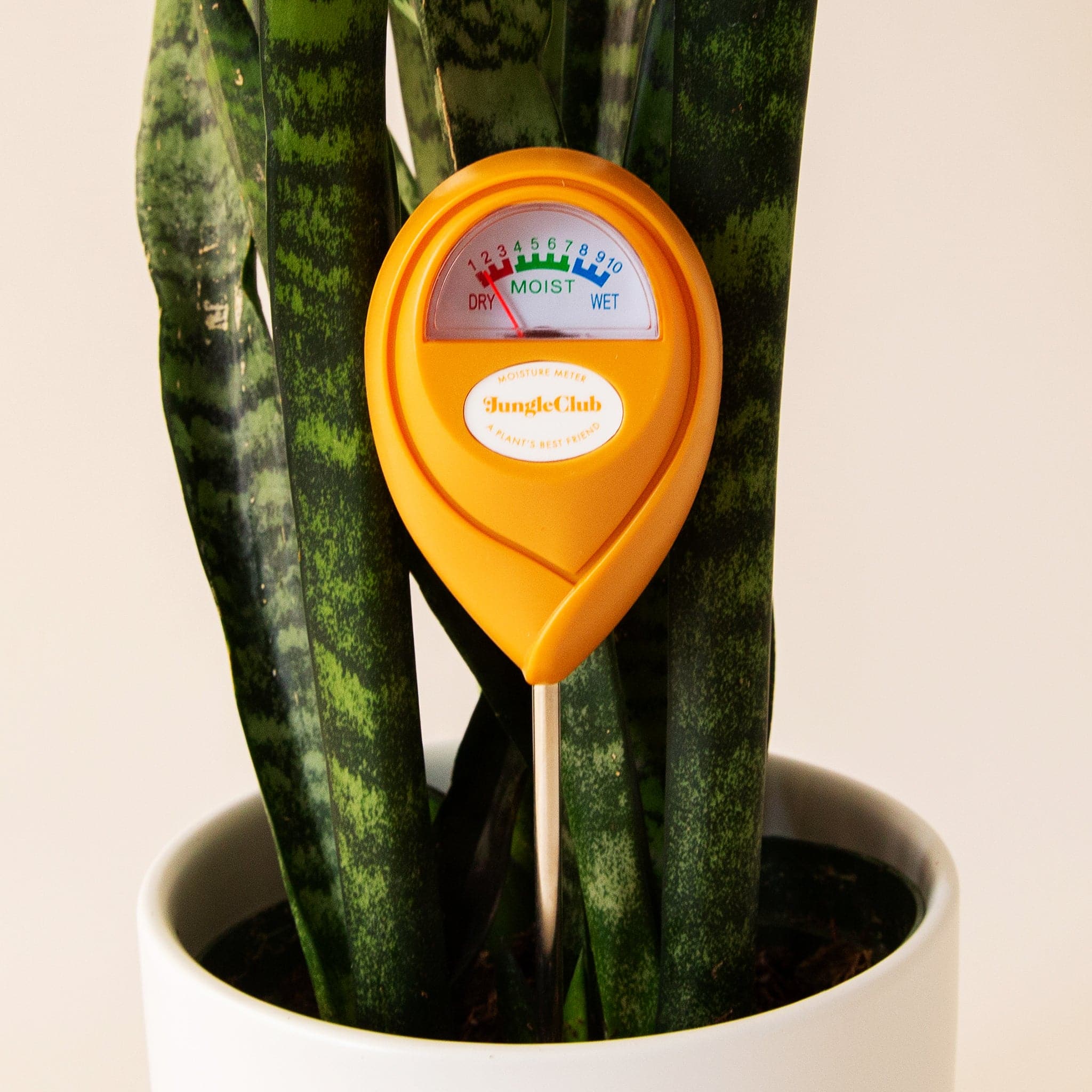Top 10 Benefits of Using a Moisture Meter for Definite Measurements in your house
Wiki Article
The Ultimate Guide to Dampness Meters: A Comprehensive Introduction and Exactly How They Can Save You Money
Dampness meters serve as crucial tools in finding and checking moisture web content in materials, assisting in preventing expensive problems and guaranteeing the quality of products. Understanding the subtleties of various types of moisture meters, their applications, and the prospective cost-saving advantages they use can be a game-changer for services and specialists alike.Sorts Of Wetness Meters
Various kinds of moisture meters are readily available for various applications in numerous markets. One typical kind is the pin-type wetness meter, which gauges the electric resistance between 2 pins placed right into a product. This kind is suitable for wood, drywall, and other structure materials. Pinless moisture meters, on the various other hand, use electro-magnetic sensor plates to scan a larger location without creating damage to the product's surface. Moisture Meter. These meters are excellent for promptly evaluating dampness levels in large areas such as walls and floorings.
Infrared wetness meters measure the thermal residential properties of a material to establish its wetness web content non-invasively, making them beneficial for applications where pin or pinless meters might not be suitable. Comprehending the different types of dampness meters available can assist sectors choose the most ideal tool for their details dampness dimension demands.

Benefits of Using Wetness Meters
Moisture meters supply vital benefits in properly monitoring and assessing moisture levels in diverse products and environments (Moisture Meter). Among the key advantages of using moisture meters is the prevention of potential damage triggered by excess wetness. By discovering and resolving high moisture degrees early, wetness meters assist to protect against mold growth, rot, and structural damages in buildings, saving both money and time on repair work. Additionally, dampness meters aid in making sure the high quality of products throughout building and construction or manufacturing procedures. By properly measuring dampness web content, these devices help maintain the honesty of wood, drywall, concrete, and various other materials, reducing the danger of flaws or failures.
In addition, using moisture meters can bring about enhanced energy effectiveness. By recognizing locations with high wetness levels, such as leakages or bad insulation, adjustments can be made to boost power conservation and decrease energy expenses. In farming settings, wetness meters play an essential duty in maximizing plant yields by allowing farmers to monitor dirt moisture levels and make notified watering choices. Overall, the advantages of using dampness meters span across different sectors, offering cost-effective solutions and promoting much better quality control techniques.
Just How to Select the Right Wetness Meter
When choosing a moisture meter, it's necessary to guarantee that the meter is suitable for the specific product you will be testing. Different materials have differing electrical residential properties that can influence dampness readings, so picking a meter created for your material is crucial for precise outcomes. By meticulously evaluating these aspects, you can select a wikipedia reference wetness meter that meets your demands and offers accurate dampness dimensions for your projects.Proper Techniques for Wetness Meter Use

Cost Savings Through Wetness Meter Applications
Exactly how can the tactical usage of dampness meters lead to considerable price savings throughout numerous industries? In the agriculture market, dampness meters help in figuring out the optimal time for gathering crops, stopping over-drying or excess wetness that can influence the final item's top quality.
Similarly, in building, wetness meters assist avoid costly problems by spotting dampness degrees in building materials, such as timber or concrete, which can result in structural issues otherwise dealt with promptly. By determining problem locations early on, specialists can take restorative measures to prevent considerable repairs or replacements, eventually conserving time and cash.
Furthermore, in the food processing market, wetness meters are necessary for checking item high quality and ensuring compliance with safety guidelines. By precisely determining dampness content in foodstuff, manufacturers can stop wasting, preserve freshness, and reduce waste, causing substantial cost savings. Generally, the calculated application of dampness meters is a valuable financial investment that can lead to significant expense decreases and improved efficiency across different sectors.
Verdict
In verdict, dampness meters are beneficial tools for determining and spotting wetness degrees in various products. By making use of the right moisture meter and complying with proper strategies, individuals can effectively protect against costly problems created by excess wetness.Wetness meters serve as important tools in identifying and keeping an eye on moisture material in materials, assisting in stopping expensive damages and making certain the top quality of products. Infrared moisture meters gauge the thermal residential properties of a product to determine its moisture content non-invasively, making them Source beneficial for applications where pin or pinless meters may not be appropriate.Dampness meters offer very useful advantages in accurately checking and evaluating moisture levels in varied materials and atmospheres. In farming settings, moisture meters play a critical role in maximizing plant returns by making it possible for farmers to check dirt moisture levels and make informed irrigation choices.In conclusion, wetness meters are useful tools for measuring and identifying dampness degrees in numerous products.
Report this wiki page